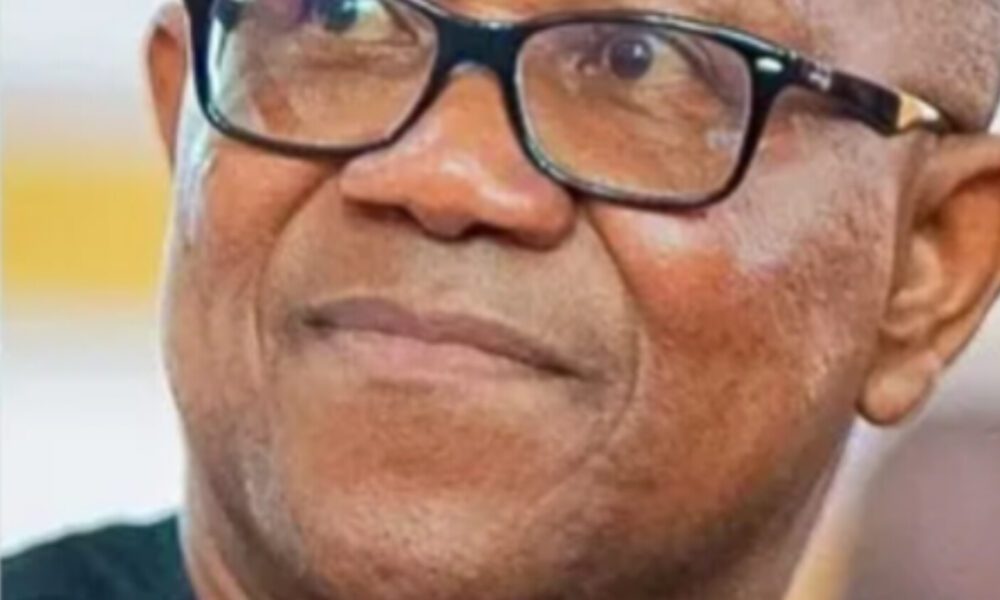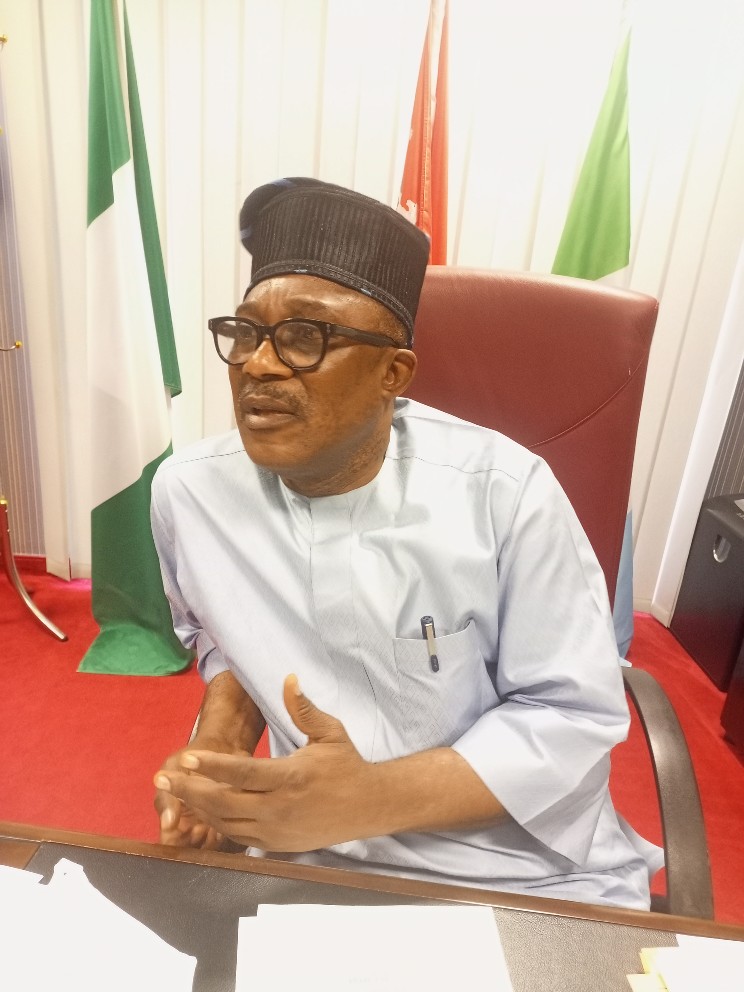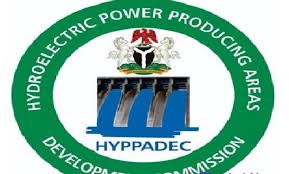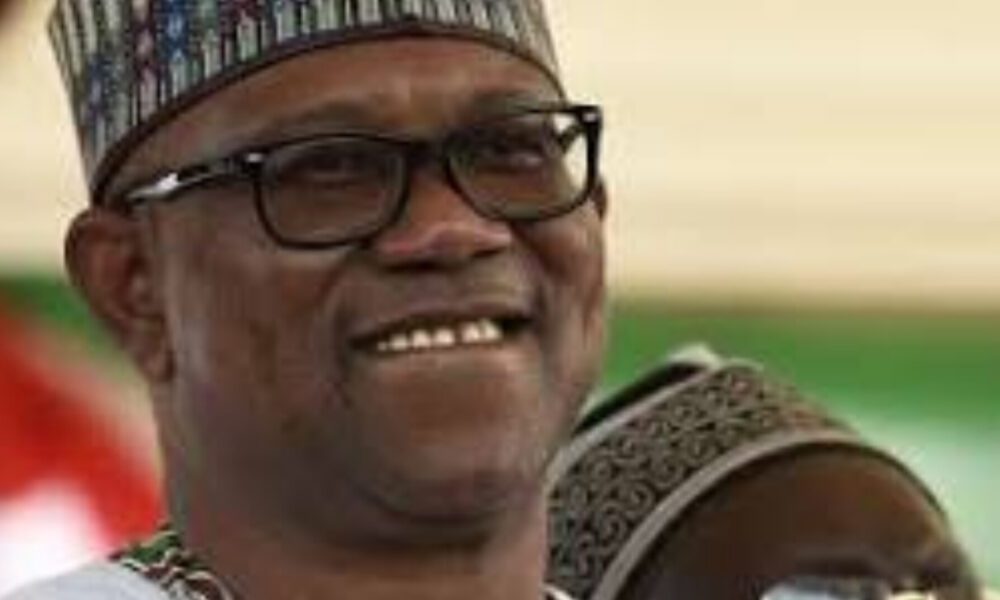***Raises issues over luxury lifestyle of government officials
**Says it has been nine years of Retrogression*
The last nine years of the All Progressives Congress (APC) administration has been a tale of retrogression with the country’s Economy declining to an all time fourth Position, the Labour Party Presidential Candidate in the 2023 poll, Peter Obi has lamented

Writing on his X handle on Monday with statistics, Obi indicated that no effort is being made to address the growing poverty and unemployment in the land as the government fund its luxury lifestyle.
According to him, “When Nigeria returned to democratic governance in 1999, it maintained an average GDP growth of about 6.72% for 16 years from 1999-2014.
“The impressive growth trajectory, unfortunately, was not sustained by the then-new government and our GDP growth collapsed to 2.79% in 2015 and then recession in 2016 with a negative growth of -1.58% and 0.82% in 2017.
“For the past 9 years, Nigeria’s economy has seen unprecedented retrogression on many fronts. In 2014, just before the inception of a new administration a year later, Nigeria had the biggest economy in Africa with a Gross Domestic Product of $568.5 billion and a GDP Per Capita of about N3200.
“Our economic indices pointed towards hope and prospects for the future growth of the economy.
“Nine years later, the giant of Africa has retrogressed to the 4th largest economy in Africa. Reports showed our GDP in 2023 stood at $375 billion with a per capita of $1700. In 2024, our estimated GDP declined further to $253 billion with an estimated per capita of $1087.
“This portrays how our 9 years journey since 2015 has resulted in a sharp decline in our national prosperity.
“Today, poverty is on the increase. Unemployment is rising. Food inflation is skyrocketing. Our foreign and local investors are losing faith in the future growth of our economy and are leaving. Businesses are shutting down. Urgent actions need to be taken to salvage the nation from further collapse and move it from consumption to production!
“However, instead of concerning ourselves with all these challenges threatening our collective existence, and finding ways to recreate an inclusive and sustainable economy, pull millions of people out of poverty, and return our over 18 million out-of-school children to schools, our leaders are more concerned with funding their selfish luxuries and individual lavishness, while throwing blames at others who are only committed to solving the nation’s problems.
“I have always believed that politics should be about service to the people and the betterment of society. In the face of all these challenges, we the leaders should commit to inclusive and sustainable growth to end the hardship which has continued to burden our fellow Nigerians. Only through that can we achieve a peaceful and secure society.
“A New Nigeria based on better economic and patriotic thinking is POssible.”




